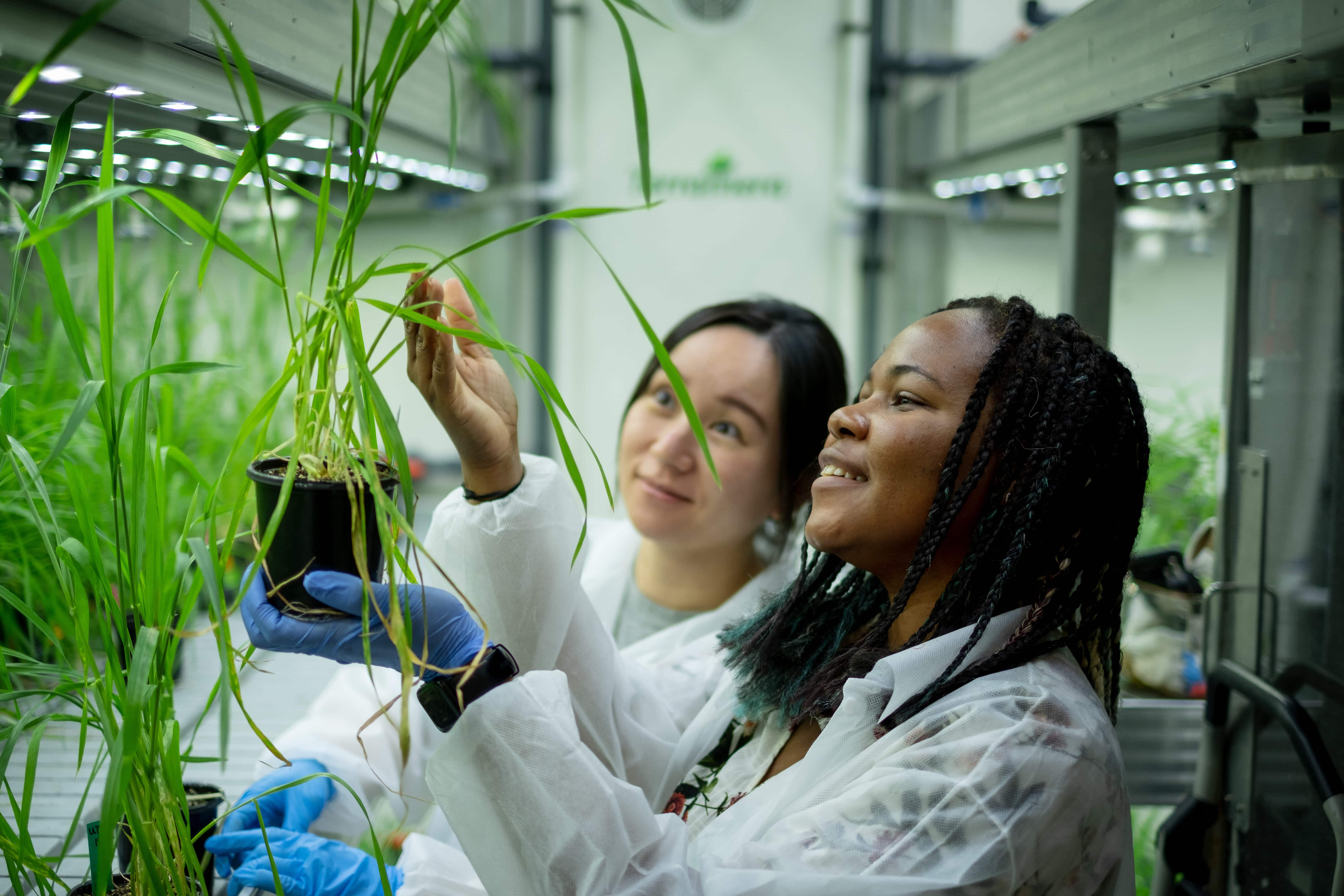Key Takeaways:
- Catalera, a biologicals company, has closed an initial round in its $8 million Series A funding, with the goal of reaching the targeted amount by the end of the year.
- The company aims to transition agriculture from synthetic chemicals to biological-based products.
- Regulatory challenges and pest resistance are key factors driving the shift to biological solutions.
- Catalera focuses on customer-centric product development, addressing growers’ specific needs.
- The biological product industry is growing, but regulatory frameworks may need adaptation for faster adoption.
As the agricultural industry faces increasing regulatory pressure, climate change, and the rising problem of pest resistance, many companies are exploring alternatives to traditional synthetic chemicals. Catalera, a company focused on developing biological products for pest control, is positioning itself as a player in this transition. After the funding announcement, we had the chance to sit down with the company's CEO, Matthew Dahabieh, to discuss the potential of biological products, the challenges ahead, and the company’s roadmap for the future.
Moving Away from Synthetic Chemicals
For decades, synthetic chemicals have been a staple in agricultural pest control, offering a reliable and effective way to protect crops. However, the agricultural sector is now seeing growing scrutiny from both regulators and consumers concerned about the long-term environmental and health impacts of these chemicals. For example, the European Union has introduced the Farm to Fork Strategy, which aims to reduce the use of chemical pesticides by 50% by 2030, reflecting a broader global movement toward sustainable agriculture. Additionally, in the United States, the Environmental Protection Agency (EPA) has restricted the use of certain chemical pesticides due to their potential harm to pollinators and groundwater contamination.
At the same time, pests are becoming increasingly resistant to chemical pesticides. More than 500 distinct pest species have been documented as having developed resistance to insecticides, according to previous research (Connor et al., 2011; Junaid Ali Siddiqui et al., 2023), leading to diminished efficacy and forcing growers to use higher doses or switch to newer, more expensive chemicals.
These challenges are driving the need for alternative solutions, and Catalera believes biological products are part of the answer. CEO Matthew Dahabieh explained that “the industry is very aware that we need to be doing more to help growers refill what is a shrinking crop protection toolbox.” He emphasized that while synthetic chemicals will not be replaced overnight, there is an urgent need to diversify the tools available to growers, particularly through the integration of biological products.
Innovation and Customer-Centric Approach
One of Catalera’s core strategies is customer-centric product development. The company’s “Product Success Process” focuses on understanding growers' needs and addressing specific regional or pest-related challenges. For instance, pest resistance to insecticides is a growing problem in parts of the United States, while the fall armyworm in Brazil poses significant difficulties for farmers.
Catalera’s patented formulation technology is designed to improve the efficacy, consistency, and cost-effectiveness of biological products. These are key barriers to the widespread adoption of biological solutions, according to Dahabieh, and overcoming them is crucial for these products to become viable for modern agricultural systems.
Regulatory and Market Challenges
Despite the potential benefits of biological products, there are significant regulatory challenges. In many regions, biological products face the same more complex hurdles than synthetic chemicals. This means that approval processes, designed decades ago for synthetic compounds, are often not well-suited to the unique properties of biologicals leading to higher timelines.
In some jurisdictions, like Europe, it can take five to seven years to approve a biological product, while in the United States, it typically takes around three years. Dahabieh suggested that regulatory systems might need to adapt to speed up this process, possibly through a “fast track” or different frameworks specific to biologicals. However, he also acknowledged the importance of maintaining safety standards to protect growers, consumers, and the environment.
Global Expansion and Future Goals
Currently, Catalera operates primarily in North America, with commercial activities in the U.S. and Canada and registrations in Mexico. However, the company has plans to expand globally, particularly in regions like Brazil, where biological products are gaining traction. Dahabieh emphasized the need for versatility in product development to meet the diverse challenges faced by farmers worldwide.
Looking ahead to 2030, Dahabieh envisions Catalera playing a key role in the adoption of biological products across the agricultural industry. The company aims to continue developing effective solutions that contribute to the long-term sustainability of agriculture, helping growers navigate a future with fewer chemical options and more complex pest challenges.


